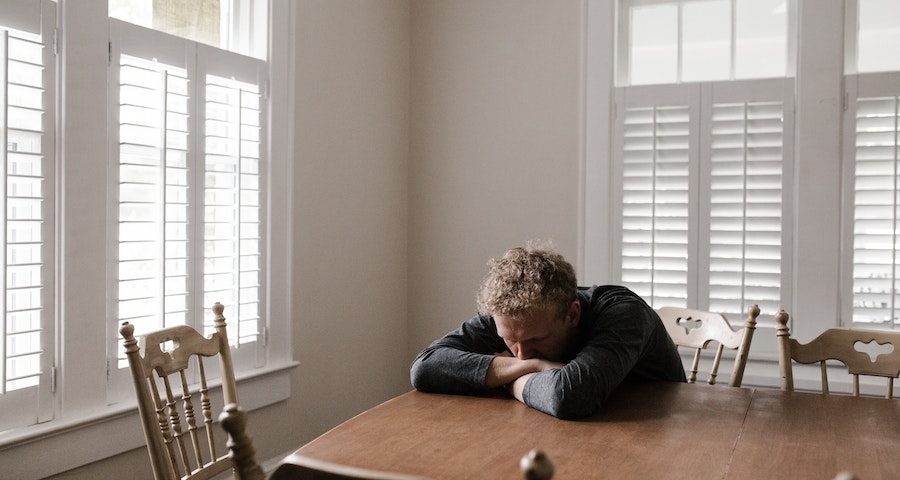
Mental health is just as important as physical health, yet it is often neglected and stigmatized. Taking care of your mental health is crucial for your overall well-being. However, it can be overwhelming and intimidating to know where to start. Here are some tips on how to take control of your mental health.
Contents
Recognize the Signs
The first step in taking control of your mental health is recognizing the signs. Mental health issues can manifest in many forms – anxiety, depression, stress, and substance abuse, to name a few. It is important to be aware of the signs and symptoms that can indicate a problem. Some common symptoms of anxiety are excessive worrying, irritability, and difficulty sleeping. Meanwhile, common signs of depression include feelings of hopelessness, changes in appetite, and loss of interest. Recognizing the signs early on can help you take action and seek the necessary help.
Develop a Routine
Developing a routine for your day can greatly improve your mental health. Structure and routine can help reduce stress and anxiety. Set a regular sleep schedule, eat regularly, and exercise at the same time every day. Having a routine and sticking to it can help you feel more in control and decrease feelings of being overwhelmed.
Practice Self-Care
Self-care is incredibly important for your mental health. Find activities that give you joy, relaxation and inner peace. This might include meditation, reading a book, taking a walk in nature, or spending time with loved ones. Taking time to do things you love and that make you feel good can help ease stress and improve your mood.
Seek Support
If you are struggling, seek support from a trusted friend or mental health professional. There is no shame in asking for help. A therapist or counselor can provide guidance and support as you navigate your mental health journey.
Stay Connected
Feeling connected to others is important for your mental health. Make an effort to stay connected with family members and friends or participate in activities that interest you. Feeling isolated increases the risk of depression and anxiety. Engaging in social interactions, even through virtual means, can help you maintain a sense of connection.
Conclusion:
Taking control of your mental health is a journey, but it’s worth the investment. Recognizing the signs, developing a routine, practicing self-care, seeking support, and staying connected can greatly improve your mental well-being. Remember it is okay to ask for help, remember some people love and support you. Incorporating these tips can help you manage your mental health and lead a fulfilling life.
